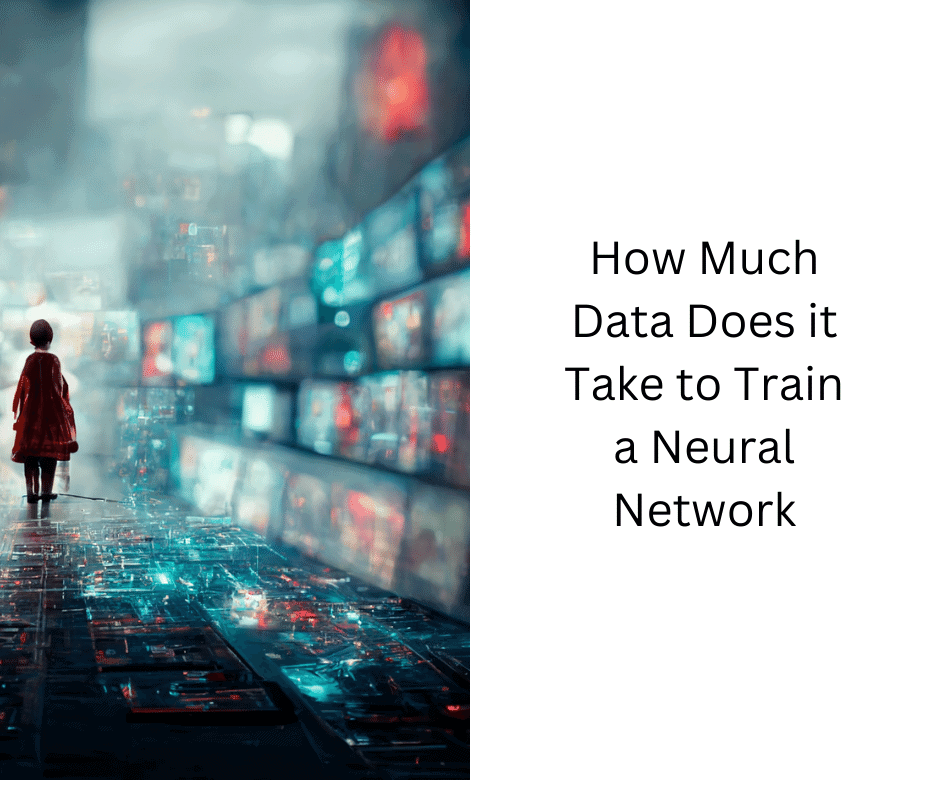As you consider the future of wealth management, you might wonder how AI will reshape client interactions and operational processes. Microsoft executives emphasize that AI can drive significant cost savings and enhance efficiency. Yet, there's a crucial balance to strike between leveraging technology and maintaining that personal touch clients value. How will firms navigate these changes to ensure they don't lose sight of the human element?

AI and Wealth Management
As the wealth management market experiences explosive growth, you'll find that artificial intelligence (AI) is reshaping the landscape like never before. With a projected compound annual growth rate (CAGR) of 24% from 2022 to 2032, reaching $14.1 billion by 2032, the sector is ripe for transformation. AI adoption is skyrocketing, boasting a CAGR of 35.6% from 2021 to 2025. This rapid evolution means that by 2027, AI-powered systems could manage a staggering $6 trillion in assets, fundamentally altering how wealth managers operate.
AI isn't just a buzzword; it's driving significant improvements in operational efficiency and automation. By automating repetitive tasks such as client onboarding and compliance checks, AI allows you to focus on higher-value activities. Wealth management software, like AlphaSense and SigFig, leverages AI to analyze vast datasets, offering tailored recommendations for portfolio adjustments. The wealth management market was valued at $2.5 billion in 2022, which highlights the significant potential for growth in this sector. Moreover, understanding investment strategies is becoming increasingly important as AI tools evolve.
If you think about it, tools like Microsoft Co-Pilot save knowledge workers an average of 30 minutes a day, making your workflow more efficient. The result? A remarkable 20% reduction in costs and a 50% increase in productivity for wealth managers.
When it comes to client engagement, AI excels by providing personalized, real-time experiences. With 70% of firms reporting enhanced client interactions, it's clear that AI-powered tools can automate client reports, delivering updates more frequently and tailored to individual needs. Predictive analytics offer actionable insights, optimizing your engagement strategies.
Furthermore, sentiment analysis helps you make informed investment decisions by assessing market trends from unstructured data. All these features not only streamline your operations but also support you in delivering efficient, personalized guidance to your clients.
However, the rapid integration of AI also presents challenges. Client demand for personalization and competitive pressures drive AI adoption, but balancing technological innovation with the human touch remains crucial. Microsoft's chief data scientist notes that AI can create functionalities previously unimaginable, but ethical considerations are paramount as AI becomes more prevalent.
To remain competitive, you'll need to adopt AI strategically, ensuring that you harness its power while maintaining the irreplaceable value of human advisory.
In this evolving landscape, embracing AI isn't just an option; it's essential for staying relevant in wealth management. The future is here, and it's powered by AI.









